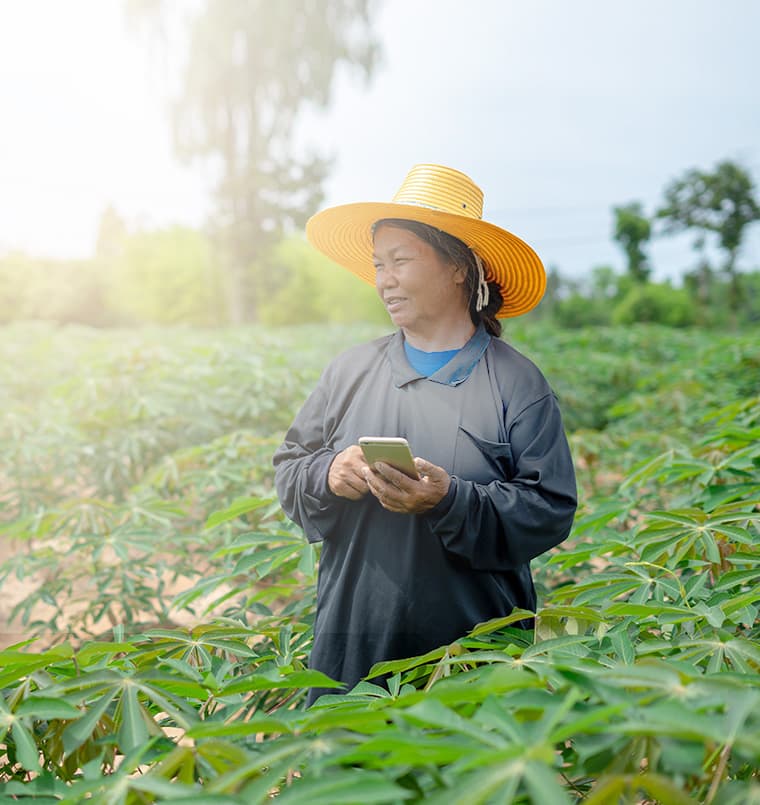
Brianne Wolf,
Director of Global Learning & Engagement Strategies,
College of Agricultural Sciences and Natural Resources,
University of Nebraska-Lincoln
The UN Summer Academy was an enriching learning experience that definitely improved my knowledge and ability to use design thinking and futures thinking in different activities. Now I am more able to effectively apply concepts of systems thinking into my work. I have also learned how to relay and incorporate systems thinking into the student activities I organize. Some of my other learning has been incorporated into a course I launched last year, the SDG Scholars Programme & Digital Badge programme.
The project engages students in our university to explore diverse perspectives and methods related to the Sustainable Development Goals. Many of our students do not have the time or resources to participate in expensive study-abroad programmes, so this is a great learning opportunity for them. By learning from open-source online material, live sessions with experts, brainstorming exchanges with peers, plus reflection and application into a final creative product, students can meaningfully explore how to contribute towards the most complex problems of our time. I have incorporated many aspects of the UNSSC Summer Academy programme into the project. Most importantly, I have involved my fellow Academy participants, from Bolivia to Albania to Benin, as our global experts. They are able share their unique and innovative approaches to SDG-related issues with our students, as well as help them learn and grow professionally.
The project is ongoing, but is already drawing interest from graduate and undergraduate students from a fascinating mix of ages, majors and backgrounds. It is showing promise helping students meaningfully connect their areas of study, life experience, skills and the insights of both local and global experts, plus that of their peers. An important aspect I want to achieve with this programme is bringing students into contact with perspectives different from their own: different disciplines, country and cultural contexts, urban and rural perspectives, differing political or religious ideologies, etc. The more we can do this in the context of solving large world problems, the more innovative solutions we will gain. My hope is this can meaningfully help decrease polarization, xenophobia, ignorance and intolerance among our students.
I would highly recommend university faculty or staff members to participate in learnings like the UN Summer Academy. They would learn fresh and innovative insights for their teaching and programme management. For a globally focused staff member like I am, the Staff College was timely and exceptionally useful.